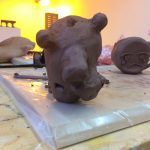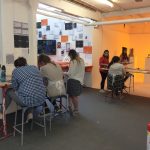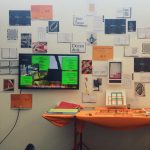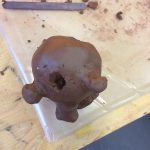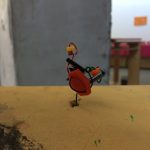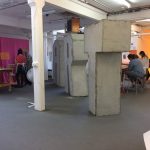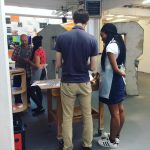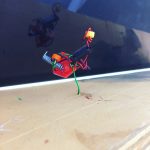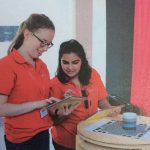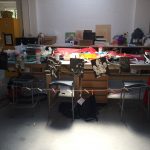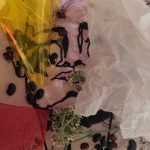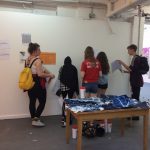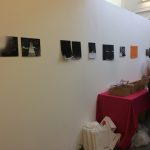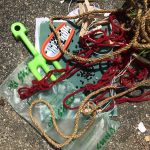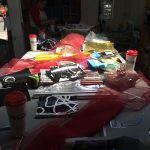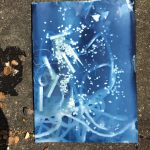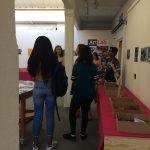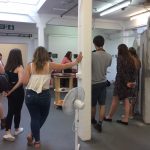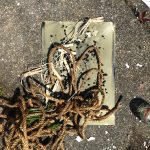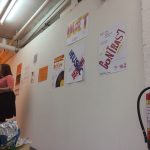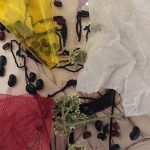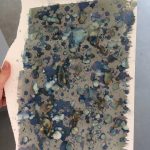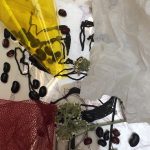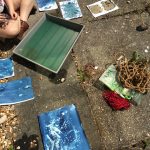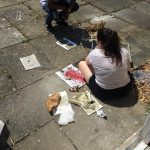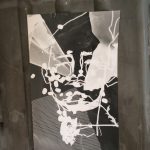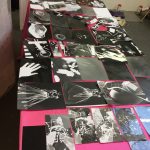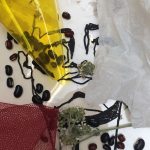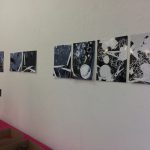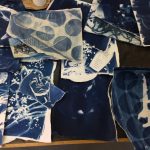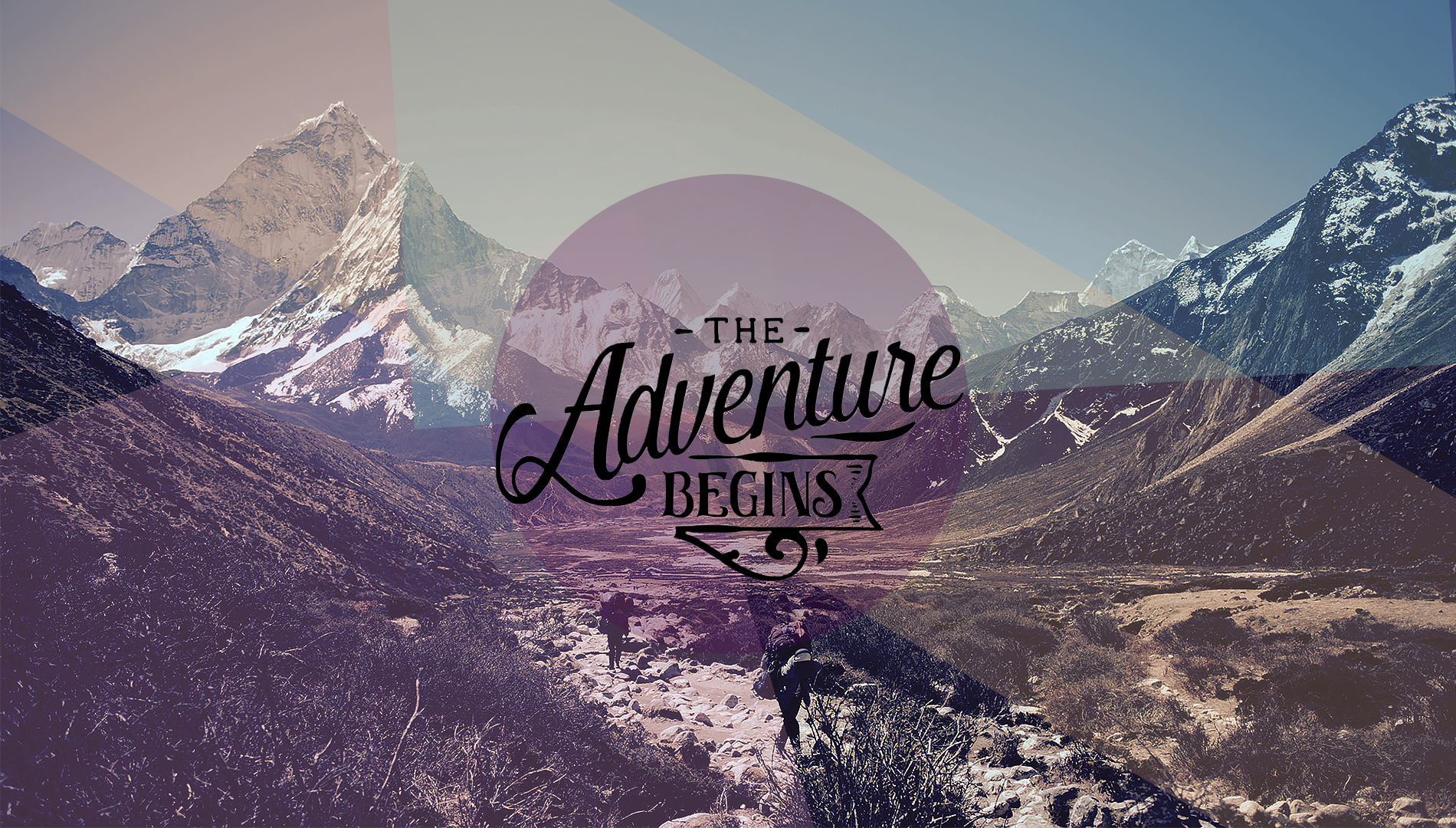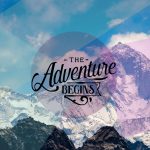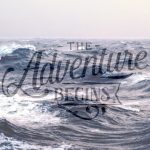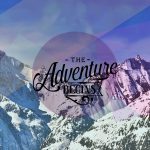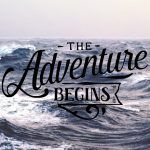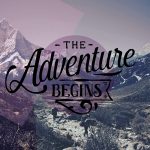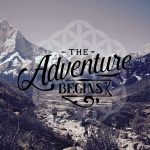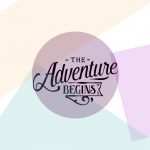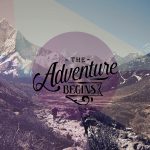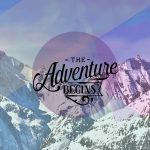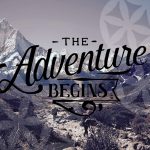The fourth and final event with the Reading Scholars was a three day residential, where the students were able to stay in university halls and enjoy several other aspects of their time here that they may not have been able to experience without the residential element. Within the Art and Design strand, students were able to choose whether they wanted to partake in the Art or Typography activities.
Those who chose art were then split into two groups, where they completed an activity one day, and then swapped over for the second day, which gave the opportunity for more contact with the lecturers and mentors, and a larger chance to get hands on.
On the first day, we introduced them to instructional art, and produced several artworks that we very free, but still following instructions. There were a wide range of materials used throughout the day including clay, wire, small pieces of laser cut plastic and cardboard. Each of these were simple materials, however the instructions followed allowed for some interesting creations. I helped several student with possible ideas for the clay element, opening up new doors within their thought and design process. I also assisted some of the students to find other materials that were more challenging to work with. Lastly, as it was a particularly hot day, I ensured that they all had a sufficient amount of water at all times.
The second day was equally as interesting – the students were able to use our wet dark room to create their own photograms on light sensitive paper. They had bought some of their own transparent items, and used a whole table worth, to create unique and interesting designs. I was on hand if anyone had questions about the process or designs, as I have previous photogram experience. I was amazed at how many photograms were made, the detail within each, and the effect of the aperture and timing upon each of them.
There was a second part to day two, as the student were able to carry on with photograms in the dark room, experimenting with different light sources, movement and also photographs onto the photograms. The students weee also able to learn a new technique of cyanotypes. These are effectively outside photograms and use UV light. This is a unique opportunity to work with the special chemical that are prized and painted onto the paper. The process was very interesting and I helped each of the students to hold their print down while it was in the sun both while developing and drying. I was also able to stop the development of many of their pieces by washing them off, allowing the students to create more while they were drying. Again, as it was a hot day, I ensured the students had enough water, and were drinking regularly.
The final day of the residential was some information about applying to university, and taster sessions for other subjects that the students picked. This allowed them to see more of what the university has to offer.
Overrall, the residential element of Reading Scholars 2017/2018 was very enjoyable. I successfully aided students both from art and other strands with queries and situations. I found that some elements were difficult to deal with, namely because of the number of students that are on the residential. Although there were these difficulties, I believe that the residential and activities were a success.

